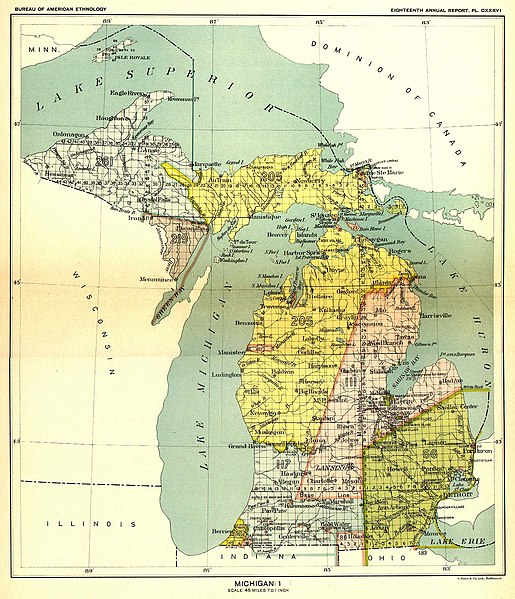Infinite photos and videos for every Wiki article ·
Find something interesting to watch in seconds
Orders and Medals
British Monarchs
Celebrities
Richest US Counties
Supercars
Kings of France
Sports
World Banknotes
Wars and Battles
Presidents
Recovered Treasures
Largest Empires
Great Museums
Great Cities
Great Artists
Largest Palaces
Animals
History by Country
Ancient Marvels
Crown Jewels
Countries of the World
Wonders of Nature
Best Campuses
Rare Coins
Famous Castles
Tallest Buildings
more top lists





